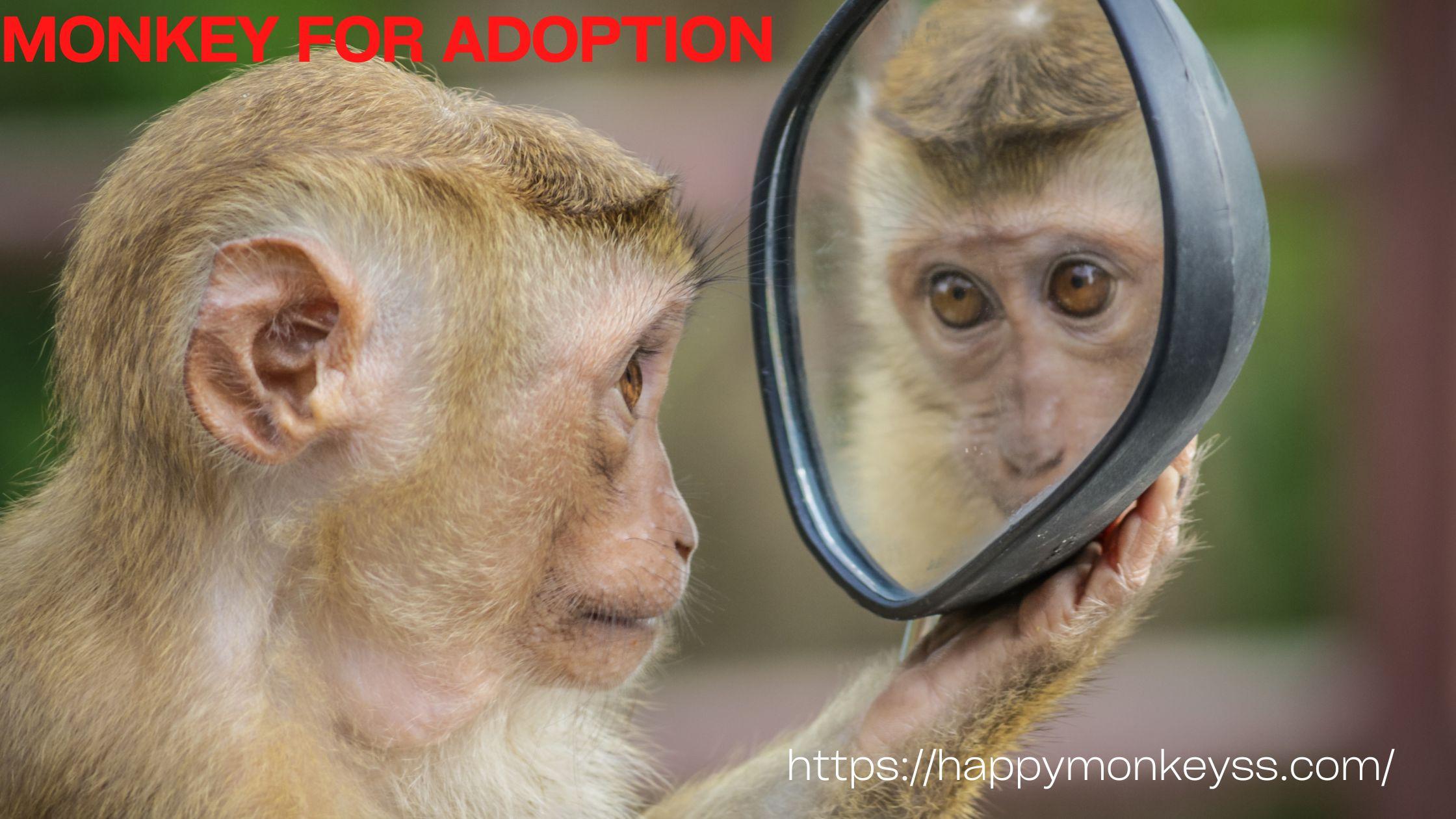There are numerous interesting facts about monkeys. They're curious, but they're also wild. They're unpredictable, so stay away. Popular exotic pets include monkey for Adoption. People retain them illegally in numerous places. Some are trained to help and befriend disabled persons.
Monkeys lack these characteristics. They're challenging to care for. Comparatively, monkeys require a lot of space and attention. Your monkey will need more attention than the neediest canine monkey for adoption.
Behavior is also important. Some primates treated as pets for years suddenly turned vicious. A friend's pet monkey tore off a woman's face and hands.
Feeding a monkey can be time- and money-consuming. If you keep a pet monkey, prepare to spend a lot of time preparing its food. Don't expect to cuddle your monkey after a long day. These aren't cuddly, despite appearances.
Legality
Some localities allow monkey ownership, but others require a license because they're considered colorful pets. Certain nations and places in the U.S. prohibit hidden people from owning a pet monkey.
Since 2012, 17 U.S. states allow monkeys as pets. More activists and proponents of basic entitlements want to ban private monkey ownership in the US.
HABITAT/DISTRIBUTION
African, Asian, South, Central, and Mexican monkeys are native. Moors introduced monkeys to Europe during the Middle Ages, but Gibraltar is the only current population. Monkeys were also introduced to isolated sections of the U.S.
Monkeys can adapt to many environments. They reside in rainforests and mountains. Many monkeys live in urban environments and soon become human-accustomed.
SAFETY
Monkeys are social. They live in regiments, which can range from a single family to hundreds of people.
Monkeys are communicative like humans. Depending on the species, they communicate by sounds, facial gestures, and pheromones. Some monkeys have been spotted reconciling after a battle, especially for mates.
HABITS & DIET
Species-specific monkey diets differ widely. Geladas eat solely grass. Monkey feeding habits are diverse.
Conservation status
Both coexistence and conflict between monkeys and humans are long-standing. Some cultures consider some species sacrosanct, while others hunt monkeys for food or medicine.
However, not all monkeys are endangered. About half of all monkey species are threatened, while many are not.
Most endangered animals are threatened by habitat degradation, human conflict, hunting, or trapping for the international pet trade. Some governments have enacted protections for endangered and vulnerable species.
Pet monkey breeds include:
Now that you know how to care for a pet monkey, let's discuss other primates. Some primates make terrible pets. These eight primates are the most domesticable. Choose one of these eight breeds if you want a pet monkey.
Chimpanzee
Chimpanzees are apes, not monkeys. Chimps are over 150 pounds and 5 feet tall. A 5-year-old monkey is stronger than a man. This video shows how muscled-shaven chimps are.
If you get a pet chimp, you'll have it for life. These violent primates have maimed and killed people. Most pet chimps end up in labs.
CAPUCHIN
Capuchin monkeys are smaller and less dangerous than chimps. These monkeys are too small to rip off your face like a chimp. Capuchins have a 25-year lifetime, so you'll have it for a while, but not as long as a chimpanzee.
Squirrel monkey
Squirrel monkeys reach 10-14 inches without their tails. This charming monkey breed weighs 1-3 pounds, but they're lively and acrobatic and need space. To please a squirrel monkey, you'll need a large enclosure with lots of trees. Even though a squirrel monkey doesn't eat as much as a chimp, they're choosy eaters.
SPIDERNUT
Most people can name spider monkeys. They're untidy even as pets. Spider monkeys often pull off their diapers and scatter them around. Spider monkeys are gregarious and need more attention than other monkeys. Spider monkeys can become hostile if neglected.
MARMOSET
Marmosets are louder than other monkeys. A marmoset will howl and scream when it feels neglected. These primates live 20 years at most. Marmosets are one of the smaller monkeys on this list, averaging 8 inches long.
Guenons average 16-22 inches tall and 5-15 pounds. Beautiful red, green, and yellow monkeys. Guenons have two-colored hair. Vervet, grivet, and green monkey are popular guenon pets.
Tamarins are little pet monkeys. Less than a pound and 15 years. A tamarin just needs 7 square feet of room, but they require attention and energy.
MACAQUE
Macaques can weigh up to 40 pounds, but females can be as tiny as 5 pounds. They need 30 square feet or more per monkey and diapers for life.
CONCLUSION
This article discusses monkey for adoption. They have iconic monkey receptions. It's a great method to raise a baby monkey in the wild, where they belong.
